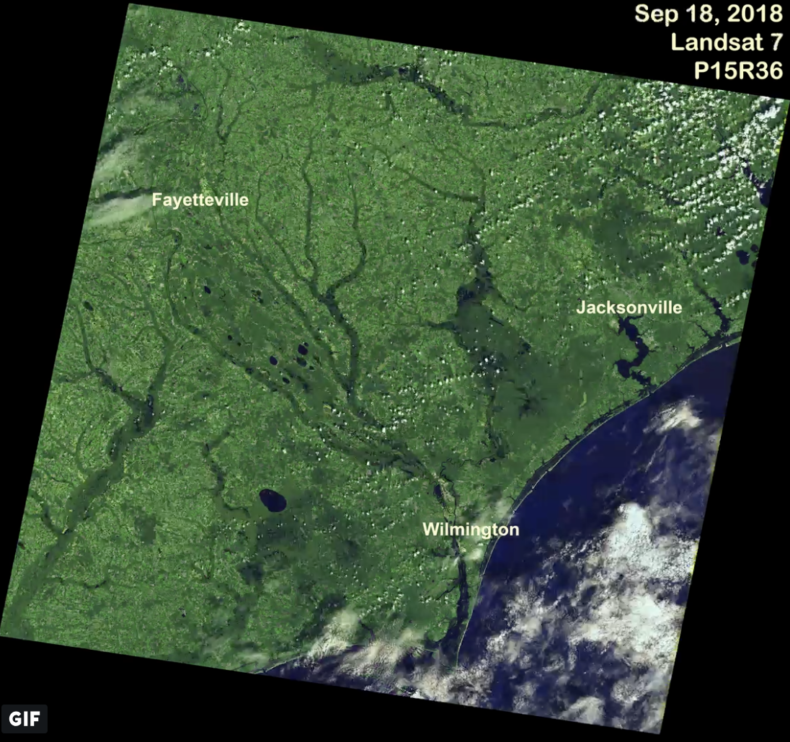Last week, someone posted a notice for a new meetup on Twitter.
A bit of news. A few of us have decided to do a Queer Neurodiversiry meet-up for coffee in San Francisco next Saturday, October 6th. Please join us and share with interested friends. Info in the FB event link.
🌈☕️
FB Event Link: https://t.co/lfCV2MNc4x pic.twitter.com/EXNCkSP9kj
— John Marble (@JHMarble) September 28, 2018
Not really an announcement anyone could take exception to. Until someone did:
“This neurodiversity business is getting a bit out of hand IMHO,” wrote the neuroscientist and writer Mo Costandi, quote-tweeting the announcement.
If you find yourself bracing for impact, you are correct.
Things went pretty much the way you’d expect. A posse was summoned, outrage was ginned up, motives assigned – most participants interpreted Costandi’s tweet as an attack on autistic or queer people. Characters were assassinated, and qualifications impugned: internet sleuths showed up with unsourced oppo research claiming to unmask Costandi as “a high school teacher and a security guard” rather than a credentialled neuroscientist (N.B. he is a neuroscientist). Costandi rolled up his sleeves and responded in kind.
I barely have any business writing about this. My unseemly Twitter rubbernecking stems from the fact that as science writers, Costandi and I travel in adjacent circles. Why was this person, whom I’ve known to be rational in other contexts, choosing this incredibly unreasonable hill to die on? Was he having an Elon-style publicly-traded nervous breakdown?
He wasn’t. In tweet after tweet, Costandi insisted that he was not attacking people who identify as queer, people with autism, or anyone who wanted to attend that meetup. Rather, he was going after its organiser, a proponent of the idea that autism is not a disorder to be cured.
And that’s how I fell down the rabbit hole of an argument that has been raging for years, one that I had no idea existed. At issue is an intriguing question: is it time to rethink “disorders” – including autism, bipolar, and schizophrenia – that have traditionally been dismissed as precluding people from having agency and serving a useful purpose in society? A growing number of people say we should instead redefine these disorders as valid, alternative ways of experiencing the world. Including them could even improve society itself. So, they say, it’s time to adapt society to these differences instead of forcing people with these differences to adapt to society. Continue reading





 I don’t know when I first saw Cisco, Utah. My early memory of it is imprecise, gathered from a series of impressions over years into one blurry composite. A crumbling edifice of corner store, covered in a mural of eagle and mountains that is in turn covered in black scrawls of graffiti. Dead cars. Piles of brick, concrete and twisted metal. Great expanses of balding, cracked earth scattered with gunshot glass and rusted cans. Little shacks of gapped, silvered wood, standing like ribcages picked clean of meat by some scavenger. The wind, maybe. Or time. There is no hungrier thing lurking in the desert that surrounds that place.
I don’t know when I first saw Cisco, Utah. My early memory of it is imprecise, gathered from a series of impressions over years into one blurry composite. A crumbling edifice of corner store, covered in a mural of eagle and mountains that is in turn covered in black scrawls of graffiti. Dead cars. Piles of brick, concrete and twisted metal. Great expanses of balding, cracked earth scattered with gunshot glass and rusted cans. Little shacks of gapped, silvered wood, standing like ribcages picked clean of meat by some scavenger. The wind, maybe. Or time. There is no hungrier thing lurking in the desert that surrounds that place. 